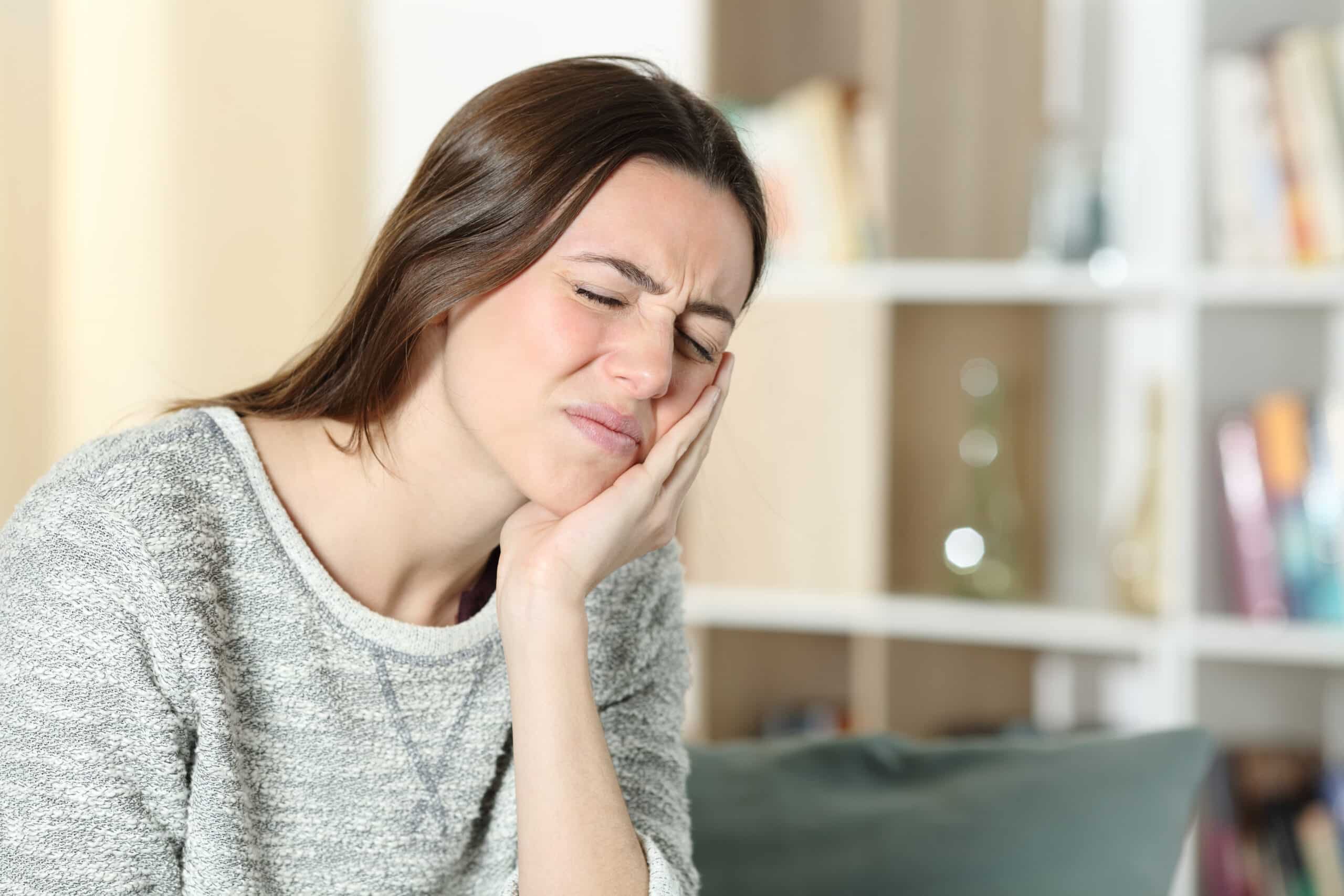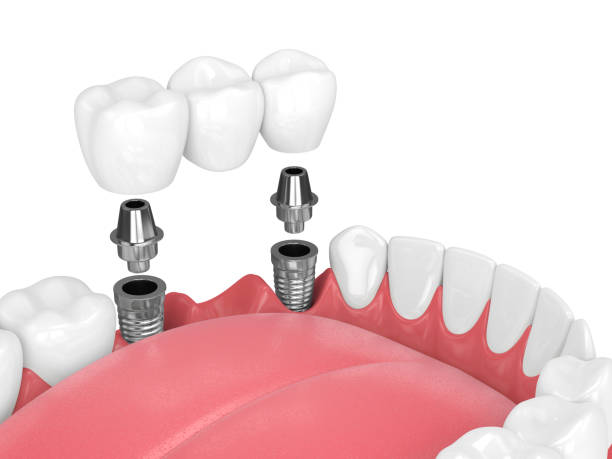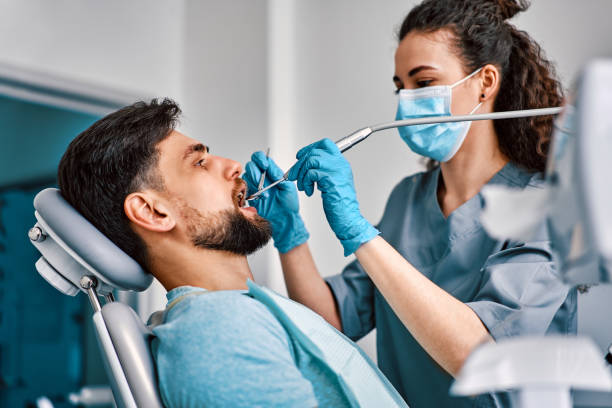Teeth grinding, or bruxism, is a common condition affecting many adults and children worldwide. Those seeking teeth grinding treatment in Dubai often explore various lifestyle changes alongside professional care to alleviate symptoms. One frequently asked question is whether changing your sleep position can help reduce or prevent teeth grinding. Sleep posture can influence muscle tension and jaw alignment, making it a potential factor in managing bruxism.
How Sleep Position Affects Teeth Grinding:
Sleep position directly impacts the alignment of your head, neck, and jaw. Certain positions may increase pressure on the jaw muscles or temporomandibular joints (TMJ), potentially worsening teeth grinding. For example, sleeping on your stomach often forces the head to turn awkwardly, straining muscles and increasing clenching risk. Understanding these dynamics helps patients and clinicians target adjustments that may ease bruxism symptoms.
Common Sleep Positions and Their Impact on Bruxism:
The three most common sleep positions are back, side, and stomach sleeping. Each affects teeth grinding differently:
-
Back Sleeping: Generally considered the best for jaw alignment, it allows the head and neck to rest neutrally, reducing muscle strain and grinding risk.
-
Side Sleeping: Can be beneficial if done with proper neck support, but sometimes causes jaw misalignment depending on pillow height and firmness.
-
Stomach Sleeping: Usually increases jaw tension due to unnatural head rotation, often aggravating bruxism symptoms.
Identifying your usual sleep position is an important step in evaluating potential changes for teeth grinding management.
Benefits of Sleeping on Your Back to Reduce Bruxism:
Back sleeping promotes natural spinal alignment and evenly distributes pressure, which can ease tension in the jaw muscles. Benefits include:
-
Reduced muscle strain and jaw clenching during sleep
-
Lower likelihood of TMJ discomfort and headaches
-
Improved breathing patterns that reduce sleep disturbances linked to bruxism
Encouraging back sleeping may be part of a comprehensive teeth grinding treatment in Dubai plan, especially for those who grind mostly at night.
How Side Sleeping Can Be Modified to Help:
Side sleeping is popular and often necessary for comfort, but it requires attention to pillow choice and head positioning to avoid jaw strain. Tips to optimize side sleeping for bruxism include:
-
Using a pillow that supports the neck without pushing the head forward
-
Keeping the head aligned with the spine to reduce uneven pressure on the jaw
-
Avoiding curling too tightly which may increase facial muscle tension
Small adjustments can make side sleeping a viable option without worsening grinding.
Why Stomach Sleeping May Exacerbate Teeth Grinding:
Sleeping on the stomach usually forces the neck to twist and the jaw to shift unnaturally, creating excessive muscle tension. This position:
-
Increases clenching and grinding likelihood due to awkward jaw posture
-
Can lead to TMJ irritation and pain upon waking
-
May disrupt sleep quality, indirectly worsening bruxism symptoms
For patients seeking teeth grinding treatment in Dubai, reducing or eliminating stomach sleeping is often recommended.
Practical Tips to Change Sleep Position Successfully:
Changing a long-established sleep habit can be challenging, but the following strategies can help:
-
Use pillows strategically to discourage stomach sleeping (e.g., placing one behind your back)
-
Try body pillows or rolled blankets to maintain side or back positions
-
Establish a consistent bedtime routine to improve overall sleep quality
-
Practice relaxation techniques before sleep to reduce muscle tension
-
Be patient and persistent as it may take weeks to adapt
Combining sleep position changes with other treatments enhances effectiveness.
Other Lifestyle Changes That Support Reduced Teeth Grinding:
While adjusting sleep position can help, it works best alongside comprehensive lifestyle changes, such as:
-
Reducing caffeine and alcohol intake, especially before bedtime
-
Managing stress through meditation, yoga, or therapy
-
Avoiding chewing gum and hard foods that increase jaw muscle activity
-
Ensuring a healthy sleep schedule for restorative rest
These measures complement professional teeth grinding treatment in Dubai and promote overall oral health.
When to Seek Professional Help:
If teeth grinding persists despite sleep position adjustments and lifestyle modifications, it’s important to consult a dental professional. Signs you may need expert evaluation include:
-
Persistent jaw pain or TMJ discomfort
-
Noticeable tooth wear or damage
-
Frequent headaches or earaches upon waking
-
Sleep disruption affecting daily functioning
Dentists can recommend tailored interventions such as custom night guards, Botox injections, or physical therapy.
Final Thoughts:
Changing your sleep position can play a significant role in reducing teeth grinding by improving jaw alignment and muscle relaxation. While sleeping on the back is generally most favorable for bruxism, modifying side sleeping habits can also provide benefits, and stomach sleeping should ideally be avoided. For those seeking teeth grinding treatment in Dubai, incorporating sleep position adjustments into a broader treatment plan can lead to better outcomes. Always consider consulting with a dental professional to develop a personalized strategy that addresses both symptoms and underlying causes of bruxism for long-term relief.
If you want, I can also help with a meta description or suggest







0 Comments